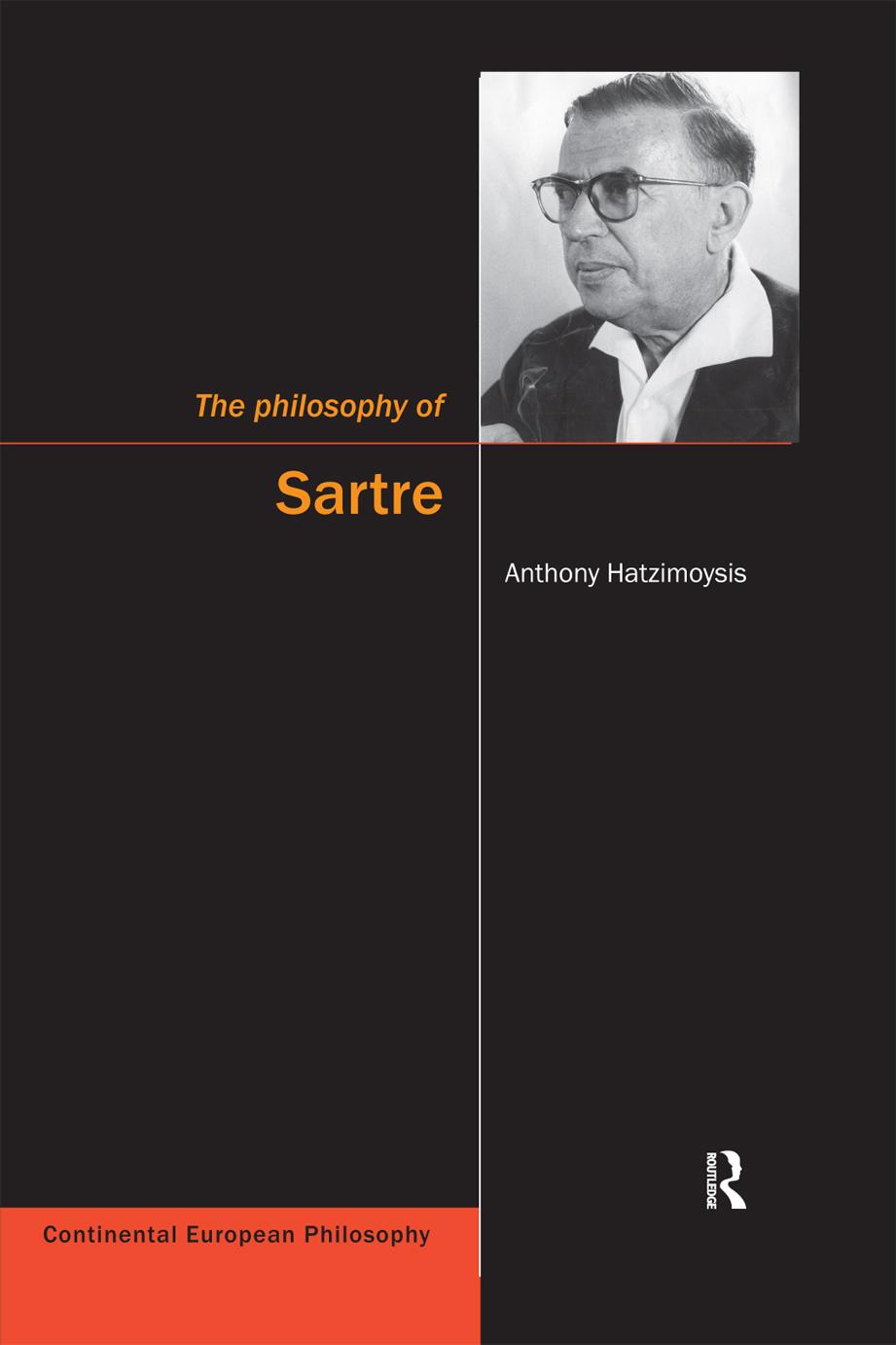The Philosophy of Sartre by Anthony Hatzimoysis

Author:Anthony Hatzimoysis [Hatzimoysis, Anthony]
Language: eng
Format: epub, pdf
Publisher: Taylor and Francis
Published: 2014-12-18T00:00:00+00:00
XIV
Near the end of his monograph, Sartre gives a counter-example to his own theory: âthe immediate reactions of horror and wonder that sometimes possess us when certain objects suddenly appear to usâ is not explained by the theory of emotions so far presented (STE 51). That critical remark is followed by a diagnosis for the apparent failure of the theory to account for those cases (STE 55â7), and a proposal as to how we could accommodate them in a phenomenological theory of emotions (STE 57â61). That proposal, though, may strike someone as as being at a significant distance from the main path of argumentation unfolded in the Sketch. It has been claimed (i) that there are two lines of reasoning in the text, which (ii) are in conflict with each other, and (iii) with the latter line being clearly the most satisfactory of the two.32
It appears to me that the above interpretation is not necessitated by the textual evidence; the Sketch is open to at least one different reading that avoids attributing to Sartre a major inconsistency. Let me first state briefly where the alleged inconsistency lies, and why â in my view â if it did exist, it would be a major one. The alleged inconsistency lies in the difference between the ways in which âmagicâ figures in the analysis of emotion. In the main line of reasoning presented in the Sketch, emotional experience is explained in terms of magical behaviour, which purports to change oneâs situation not by effecting changes in the world, but by changing the meaning of the situation; the behaviour is âmagicalâ because the agent, by means of his body, affects the way the situation is laid out before him, without acting on it. Hence, instead of engaging directly with the nuts and bolts of the case, he stands towards it as if âthe relations between things and their potentialities were not governed by deterministic processes but by magicâ (STE 40). That account is carefully articulated over the first twenty pages of Section III, which outlines a âphenomenological theory of emotionâ. In the last five pages of that section, though, Sartre talks of magic as something found in reality as such, since in horror, terror and wonder âit is the world that ⦠reveals itself suddenly as a magical environmentsâ (STE 57).
According to the interpretation we are discussing, this ânewâ view of magic, is âmore satisfactoryâ than the previous account, since it fits better with ordinary experience, because it acknowledges that affective experience does not create, but âdisclosesâ the world to us (see Richmond 2010: 153â5).
To assess those claims, it is worth noting, first, that the ânewâ view of emotion favoured by that interpretation is not really that new: the view that emotion is a way of apprehending qualities of the world is put forward at the very beginning of Section III. Indeed, the view that things may suddenly reveal themselves to us as âhateful, horrible, likeable, etc.â, as well as the claim that emotions
Download
The Philosophy of Sartre by Anthony Hatzimoysis.pdf
This site does not store any files on its server. We only index and link to content provided by other sites. Please contact the content providers to delete copyright contents if any and email us, we'll remove relevant links or contents immediately.
| Deconstruction | Existentialism |
| Humanism | Phenomenology |
| Pragmatism | Rationalism |
| Structuralism | Transcendentalism |
| Utilitarianism |
The remains of the day by Kazuo Ishiguro(9000)
Tools of Titans by Timothy Ferriss(8396)
Giovanni's Room by James Baldwin(7346)
The Black Swan by Nassim Nicholas Taleb(7129)
Inner Engineering: A Yogi's Guide to Joy by Sadhguru(6796)
The Way of Zen by Alan W. Watts(6614)
The Power of Now: A Guide to Spiritual Enlightenment by Eckhart Tolle(5783)
Asking the Right Questions: A Guide to Critical Thinking by M. Neil Browne & Stuart M. Keeley(5775)
The Six Wives Of Henry VIII (WOMEN IN HISTORY) by Fraser Antonia(5515)
Astrophysics for People in a Hurry by Neil DeGrasse Tyson(5190)
Housekeeping by Marilynne Robinson(4449)
12 Rules for Life by Jordan B. Peterson(4305)
Ikigai by Héctor García & Francesc Miralles(4275)
Double Down (Diary of a Wimpy Kid Book 11) by Jeff Kinney(4272)
The Ethical Slut by Janet W. Hardy(4253)
Skin in the Game by Nassim Nicholas Taleb(4250)
The Art of Happiness by The Dalai Lama(4130)
Skin in the Game: Hidden Asymmetries in Daily Life by Nassim Nicholas Taleb(4007)
Walking by Henry David Thoreau(3962)
